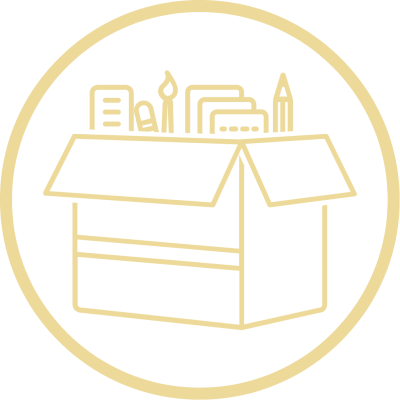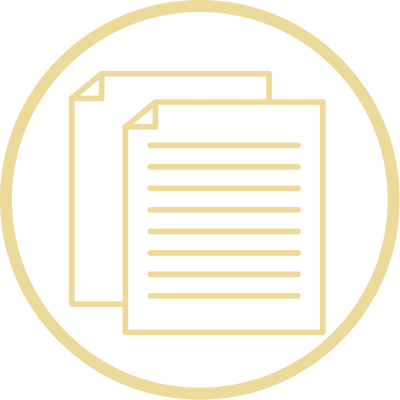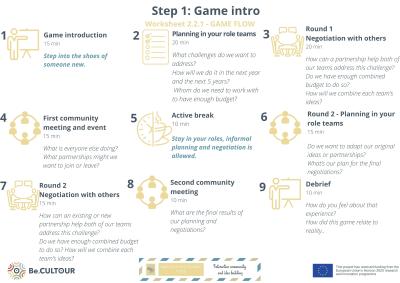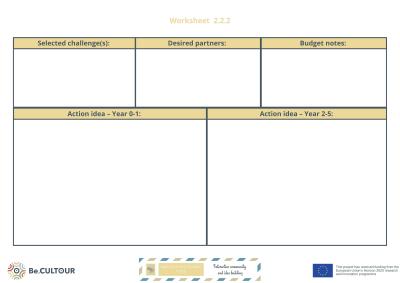
PURPOSE:
How can breaking free of reality help us understand the necessity of collaboration and trade-offs while addressing our region’s tourism-related challenges?

WHAT
Problem definition:
How do you get there?
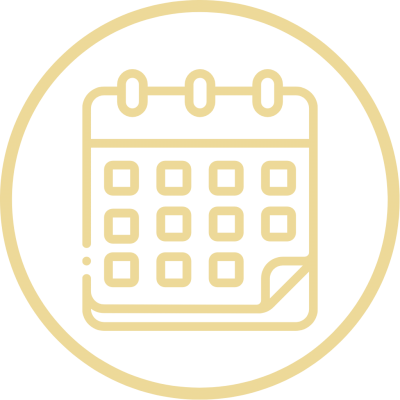
WHEN
Plan your trip:
Second Local Workshop
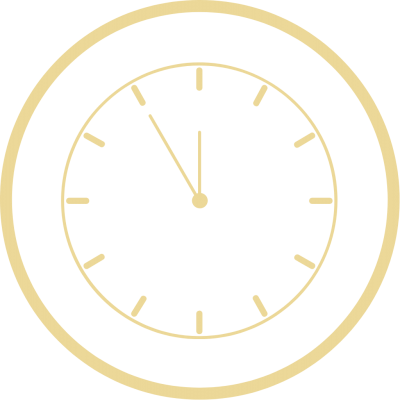
SESSION DURATION
60 minutes
GUIDELINES:
For this session to be successful the best method is playing!
Using the Serious game you will address real-life issues in an abstract and playful way.
The game can be an ice-breaker and a community-building activity to integrate new actors.
Have fun!
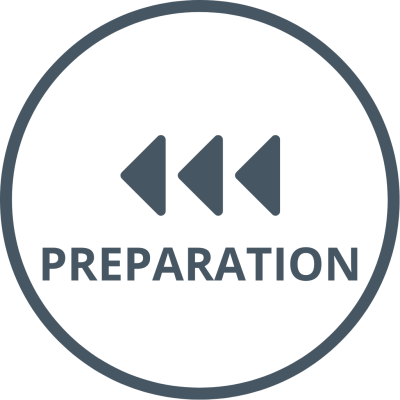
Select the challenges identified during the First Local Workshop and assign the costs usign the Worksheet 2.2.1 (1/3) - Challenge cards.
According to your group size, pick 6-12 roles in addition to the Moderator and (optional) Observer. Remove the others from the table in Worksheet 2.2.1 (2/3) - Role sheet.
Ensure that there are between 2-3 people per role. Ensure that there is a diverse mix of low, medium and high budget roles. Role descriptions may be altered as desired.
Prepare the name tags with the roles.
Adapt the script to your specific needs.
Worksheet 2.2.1 (1/3) - Game Script
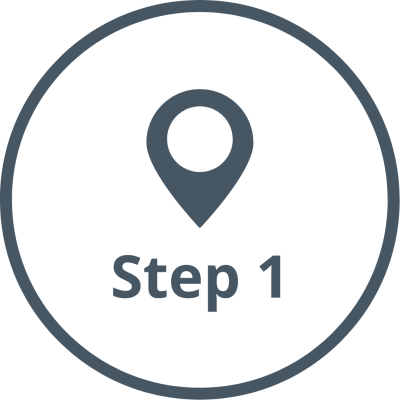
Game intro
Follow the game script to explain game rules, and challenges, and randomly assign participant roles and budget.
Worksheet 2.2.1 (1/3) - Game Script
Introduce the game by shouwing the Worksheet 2.2.1 - Game Flow.
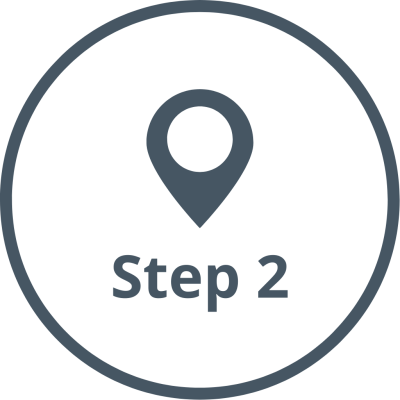
Round 1 - Internal Planning
Participants in the same role team select a challenge they wish to address and come up with a related action idea.
The action idea’s implementation should be broken down into concrete steps to be achieved within two-time frames (1 year and 5 years, as indicated on the game worksheet). They also decide on desirable collaborations with other teams.
Worksheet 2.2.2
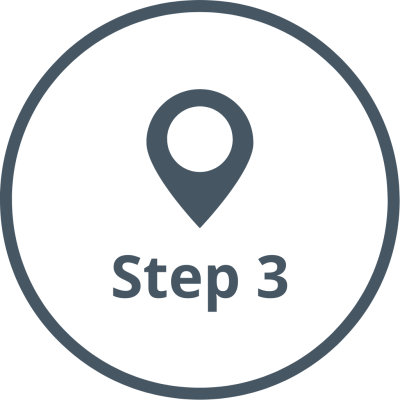
Round 1 - Negotiation
Role teams walk around the room and discuss their action ideas and implementation steps, forming partnerships where desired.
If teams partner and create an idea that addresses two challenges, the cost is that of the more expensive challenge plus half of the cost of the less expensive challenge.
Worksheet 2.2.2
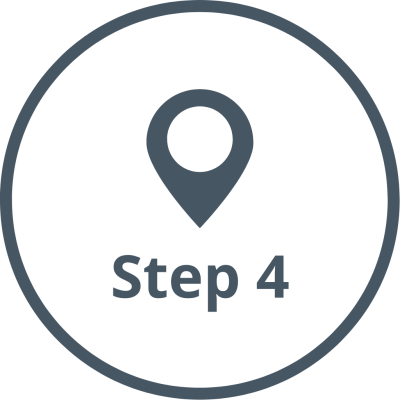
First community meeting and engagement
Each team concisely presents their ideas and partnerships.
The Observer shares their impressions of the group collaboration process so far.
In the last 5 minutes, the facilitator uses the script to announce and explain an “event”: “New funding (4 budget points) for actions that include a circular economy perspective.” Shhh! This event should be kept a secret from participants beforehand.
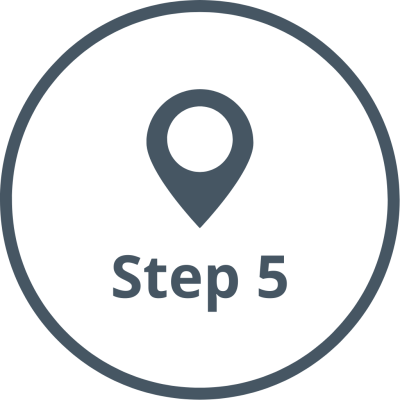
Active break
Try to remain in game mindsets, informal chatting and negotiation is allowed (mimics real-life informal networking)!
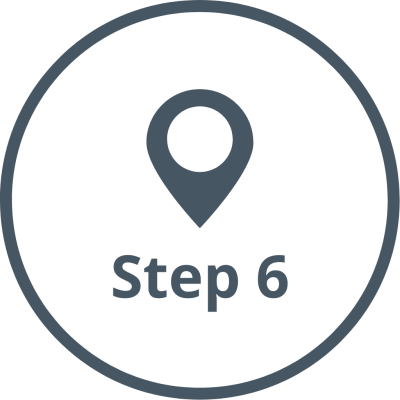
Round 2 -
Internal Planning
Teams discuss whether/how they want to take advantage of the new funding. This could involve adapting their idea to include circular economy concepts, considering remaining in their current partnership, entering a new partnership, or deciding to work on a new idea by themselves.
Worksheet 2.2.2
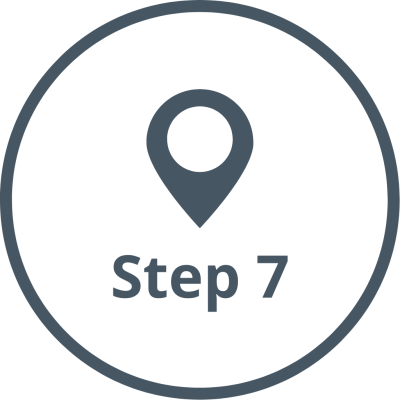
Round 2 – Negotiation
Same as first-round negotiations. Ideas and partnerships can change, but keep in mind that this is the last negotiation round.
Worksheet 2.2.2
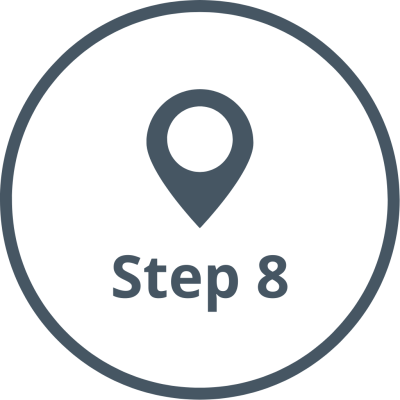
Second Community Meeting
Each team presents the final results of their planning and negotiation.
Observer shares impressions.
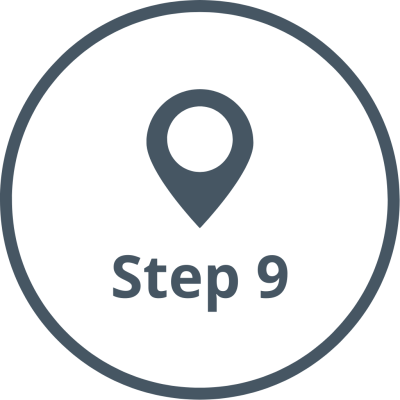
Debrief
Participants ‘step out’ of their game roles for the discussion.
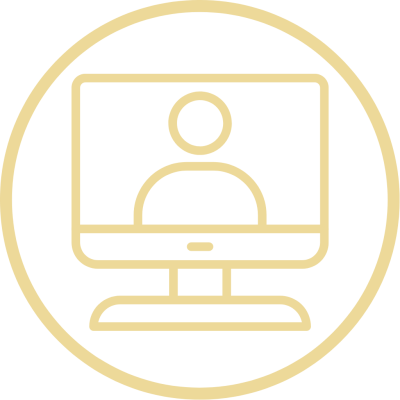
ONLINE APPLICATION
This game does not lend itself well to online adaptations, however, one option is:
Divide participants randomly into breakout rooms.
Assign each room a regional stakeholder role.
In their rooms they pick a challenge and collaboratively generate ideas for addressing it.
They reconvene in plenary to share their ideas.


